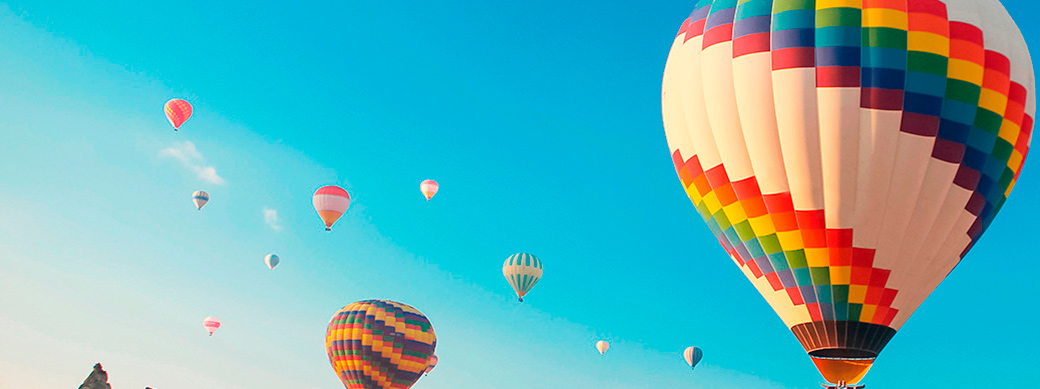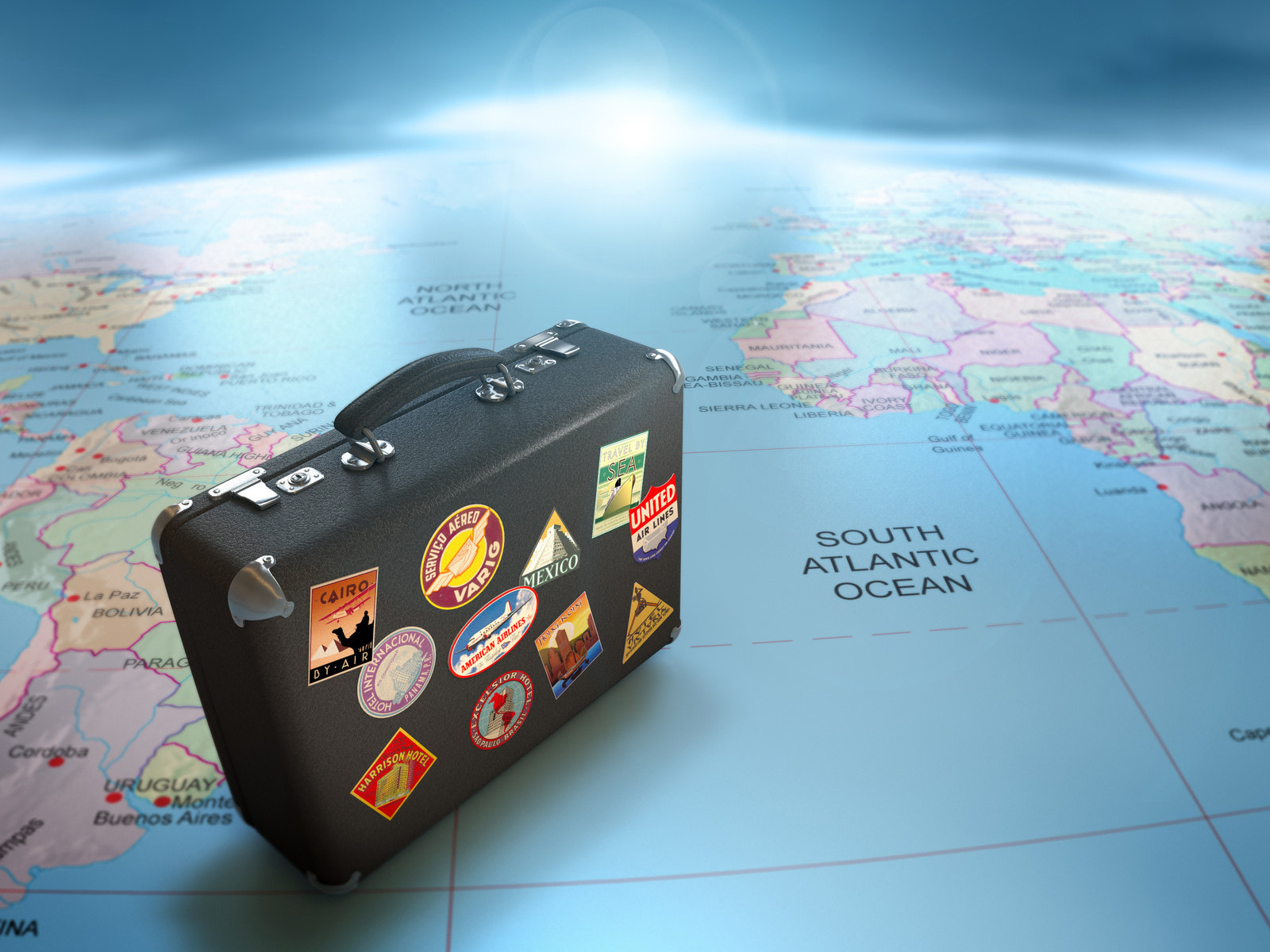Traveling to the elephant's world is so African! Addo Elephant National Park is a nature reserve located 60 km from Port Elizabeth. Today it is one of the 20 national parks in South Africa and the third conservation area in size after the Kruger National Park and the Kgalagadi Transfrontier Park.
The original section of the park was founded in 1931. At that time, it was a protected sanctuary for the eleven remaining elephants in the Port Elizabeth area. The development of the park has continued successfully, so currently, it houses more than 600 elephants and a large number of other animals.
It is home to 400 buffaloes, over 40 endangered black rhinos as well as a variety of antelope species. Lion and spotted hyena have also recently settled in this protected area.
The local flora of the park is also quite diverse, and of course, it is an important factor in the existing ecosystem. You can see some rare and endemic plants, including succulents typical of the South African region. There is also a special feature associated with the protection of the flora: some plant species are threatened with extinction due to trampling by elephants. Now scientists name more than 70 species of plants that are threatened by the "activity" of large inhabitants of the park.
The park has the Woody Cape Nature Reserve and a marine reserve, which includes St. Croix Island and Bird Island. Together with the marine areas, the whole park covers an area of 3,600 square kilometers.
The total area of the park includes five of the seven main vegetation zones of South Africa. Besides, the combination of marine and land zones creates the only park in the world to house the "big seven" of Africa (elephant, rhinoceros, lion, buffalo, leopard, whale and great white shark) in their natural habitat.
There is the main camp with a swimming pool, restaurant, and various accommodation. In 2018, they registered the largest number of visitors in the history of the park – more than 305 thousand guests! More than half of the visitors come from other countries, especially from the UK, Germany, and the Netherlands.



